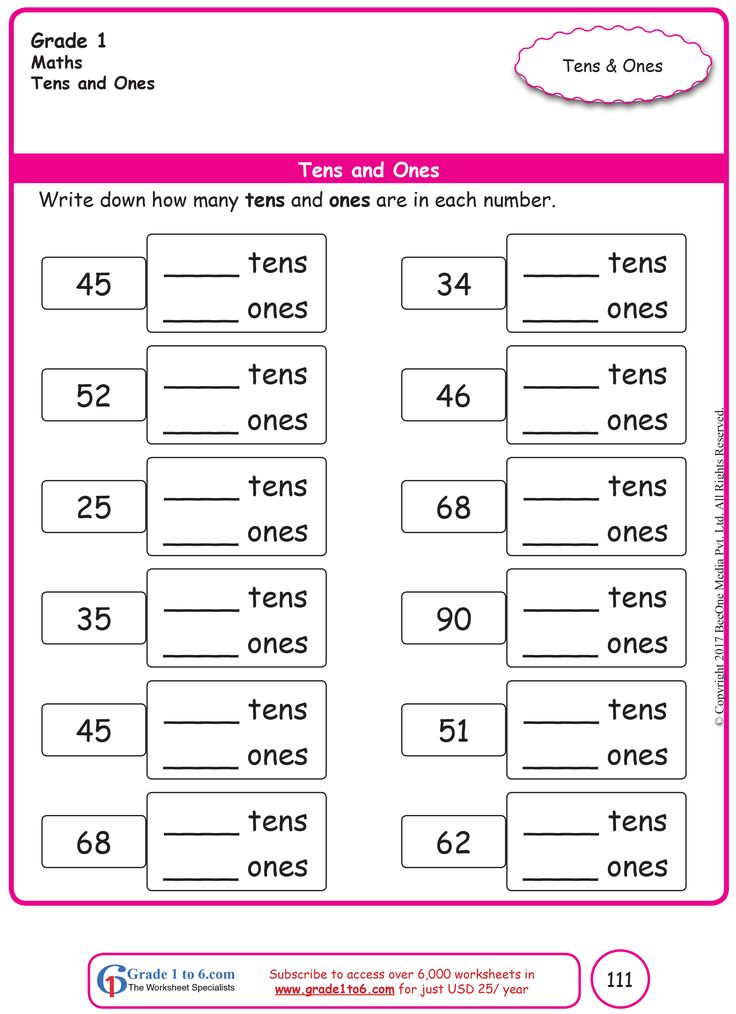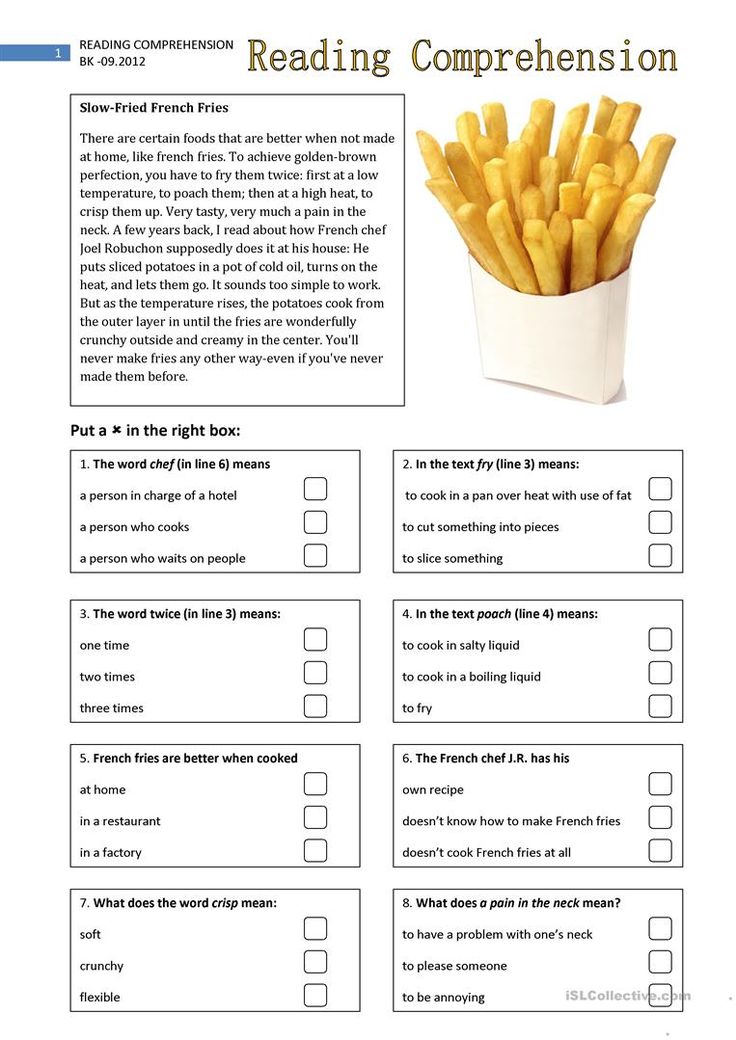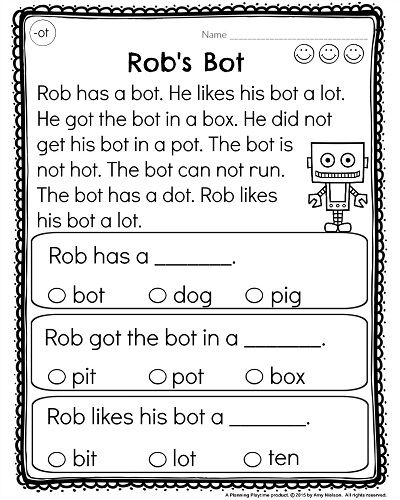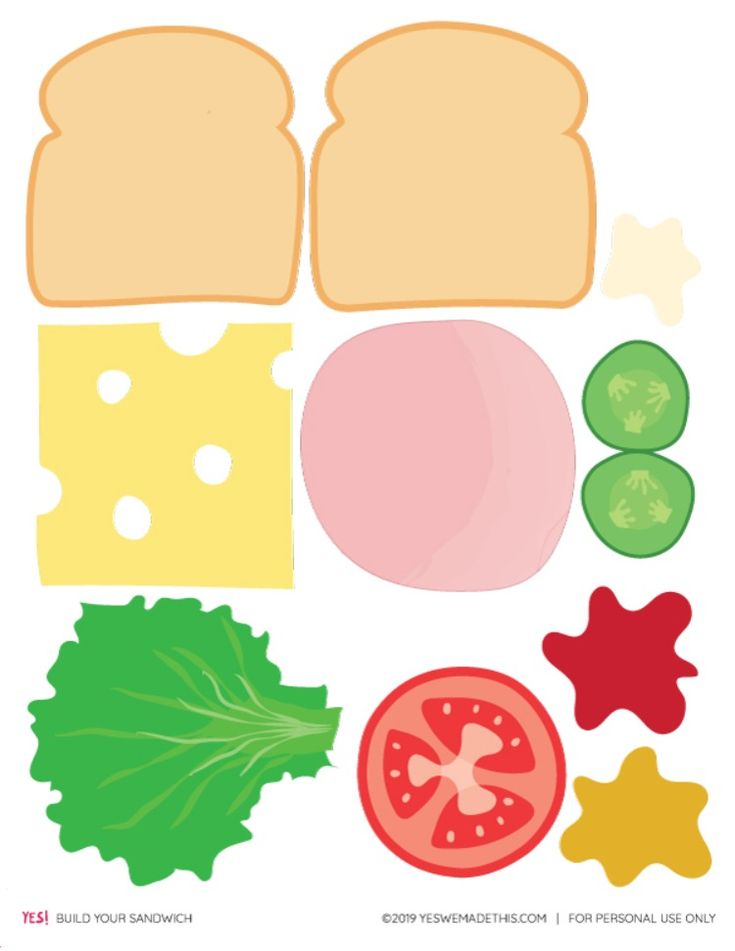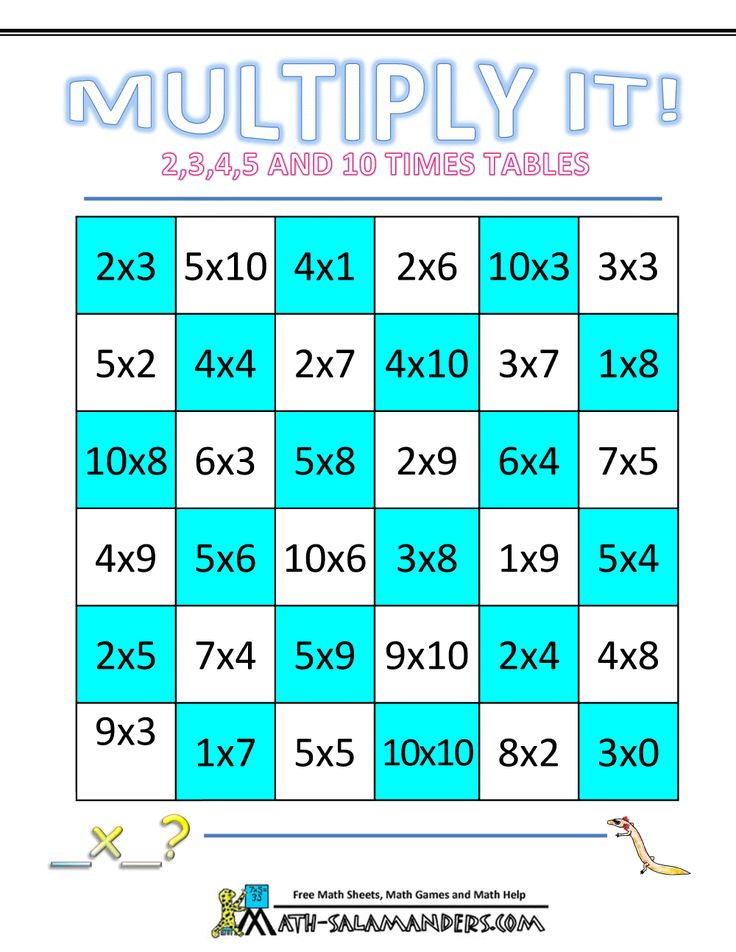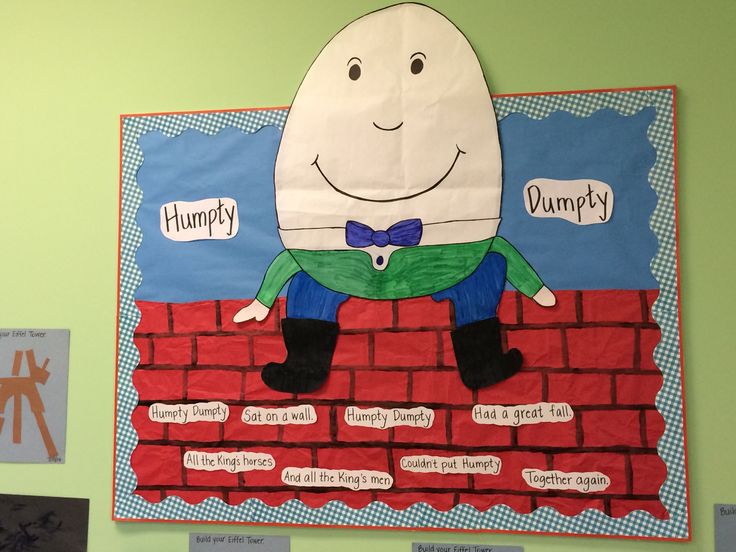Preparing children for kindergarten
How to Get Your Child Ready for the First Day of Kindergarten
Kindergarten is a major step for young children — their first day of “big kid” school. As exciting as this time may be for some, many kindergarteners struggle initially with the long days, challenging curriculum and time spent away from loved ones.
To get your student ready to learn, child psychologist Amie Bettencourt from the Division of Child and Adolescent Psychiatry offers helpful tips.
What can parents do to help prepare?
Establish strong routines at home.
Routines help children learn, make them feel safe and in control of their world, and foster their self-confidence and sense of belonging within the family. Some key family routines that will help children feel ready for kindergarten include:
Bedtime Routines
Bedtime routines ensure kids get a good night’s sleep and will be ready for the next day’s adventures. Some important parts of a bedtime routine include a consistent bedtime and a predictable order of activities (e. g., take a bath, put on pajamas, brush teeth, read favorite story or sing favorite song, get a goodnight hug or kiss from their caregiver).
Reading Routines
Parents are encouraged to read with their children for at least 20 minutes a day to build language and literacy skills. This reading routine can be part of the bedtime routine or at another time convenient for you and your child. A good way to make this time child-centered (and increase your child’s enjoyment and engagement in this time together) is by letting your child pick out the book.
Family Mealtime Routines
Having a family mealtime routine is not only an opportunity to teach your children about healthy eating habits, but is also a chance to spend quality time talking with your children, which builds their language and strengthens their relationship with you. You can also build in routines around mealtime that will be useful to your children in school, such as washing your hands before dinner or teaching them how to clear dishes from the table.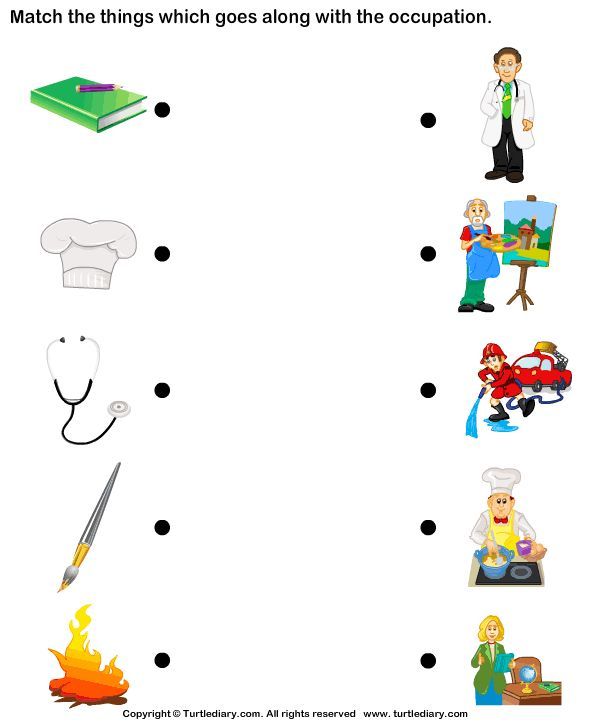
Stay up to date with vaccinations.
Take your child to the pediatrician for a checkup, and make sure all immunizations needed for kindergarten are up to date.
Tell your child what to expect.
Talk to your child about what kindergarten will be like to help them start preparing for this big transition. Children often have lots of questions about kindergarten, particularly if they are starting at a new school.
- Spend time talking with your child about what kindergarten will be like (e.g., who will be the teacher, what will the daily school routine look like, etc.).
- Involve him or her in picking out their school materials (e.g., backpack, clothes, etc.).
- You can also talk about what going to kindergarten was like for you as a way to model how your child can share feelings about kindergarten.
Once school begins, what are some conversation starters parents can use to get their child talking about school?
Ideally, talking with your child about school should be part of your family’s daily routine.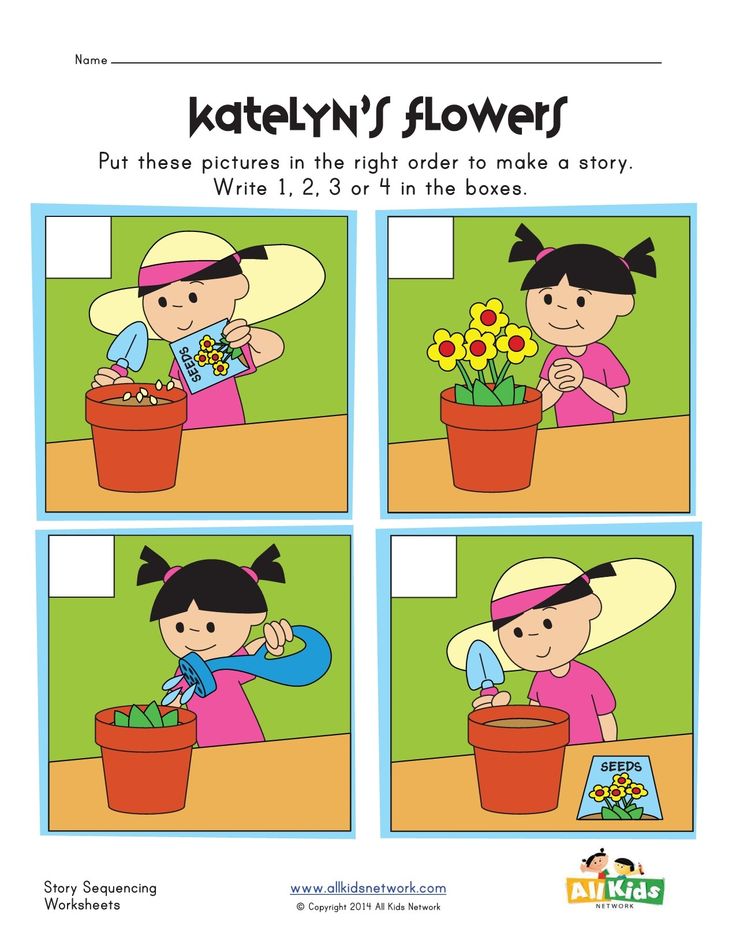 Talking with your children not only gives you an opportunity to learn what they are doing in school and how they feel about school, but also provides an opportunity for you to communicate that school is important.
Talking with your children not only gives you an opportunity to learn what they are doing in school and how they feel about school, but also provides an opportunity for you to communicate that school is important.
But getting conversations started with your young child about school is not always easy, as some children provide very little detail in response to the question, “How was school today?”
So here are a few other ways that you can get the conversation started with your children about school:
- Ask your children to tell you one new thing they did or learned about in school that day.
- Ask your children to tell you one thing they liked and one thing that was difficult about school that day.
- Ask your children about who they played with in school and what games they played.
- Create a family routine around talking about your day. For example, during mealtime or another time when you are spending time with your children, you can model how to talk about your day by sharing one or two things that you did that day and then asking your children to share one or two things about their day.
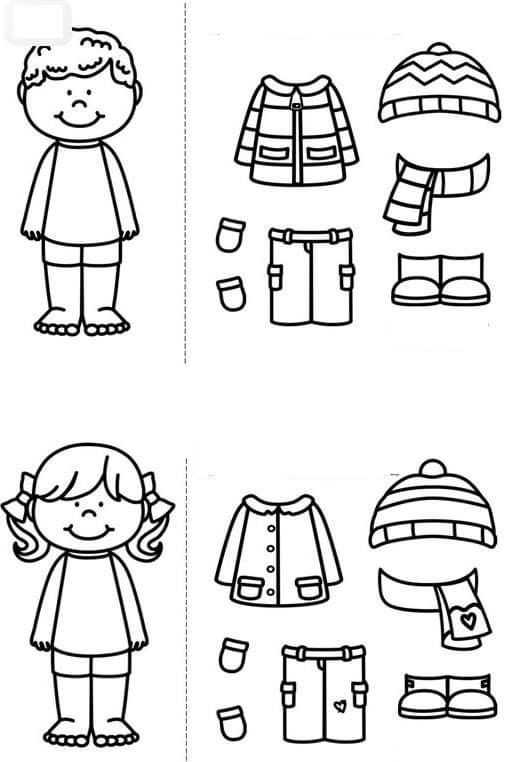
What specific aspects of kindergarten do new students struggle with?
Kindergarten is much more rigorous today than when most parents were growing up. In fact, children spend much more time engaged in structured reading and math activities than time spent in socialization and play-based learning. As a result, there is a mismatch between a child’s developmental stage and the academic skills he or she is required to master. Below are some of the issues that new kindergarteners may struggle with:
- A longer school day . Many children transition to kindergarten from half-day preschool programs, so spending a full day of school engaged in structured activities can be a difficult adjustment for them.
- Transitions . Transitioning from one activity to another is challenging for most young children, particularly when they have to stop a preferred activity (e.g., playing) to engage in something challenging (e.g., learning to read), and a typical kindergarten school day is full of these transitions.

- Sitting still and paying attention for long periods of time. The format of kindergarten has become much more structured and passive in nature, meaning young children are being required to sit still and pay attention to their teacher and to schoolwork for longer periods of time. This can be challenging for many kindergarteners who are still developing self-control and skills that help them sit still, focus and follow directions.
What are signs that a child isn’t adjusting well to kindergarten?
- The teacher reports that your child is having significant difficulty listening and following directions at school.
- Your child becomes verbally or physically aggressive toward peers or school staff.
- Your child has frequent temper tantrums at school.
- Your child expresses reluctance about getting ready for school in the morning. This may manifest as taking a long time to get ready in the morning, or saying things like “I don’t want to go to school” or “I don’t like school.
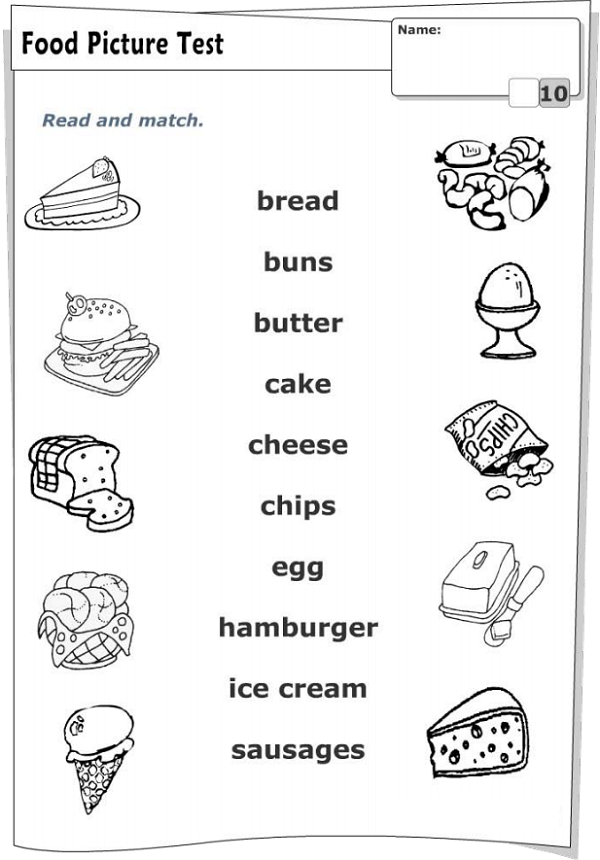 ”
” - After a month or more of school, your child is still very tearful and clingy with you when you drop him or her off at school in the morning.
- Your child appears more sad, worried or irritable than before school started.
- Your child is having repeated daytime toileting accidents while at school.
At what point should parents consider seeking professional help?
- Your child is engaging in frequent disruptive behaviors at school (e.g., temper tantrums, verbal or physical aggression toward school staff or other children, destruction of classroom property, leaving the classroom without permission, etc.).
- Your child is frequently getting in trouble at school.
- Your child is displaying a lot of anxiety about school, which may take the form of expressed worries about teachers, peers or schoolwork and significant efforts to avoid going to school.
- Your child is more frequently tearful, sad or irritable and reports less interest in activities he or she typically enjoys since school started.

- Your child is having frequent toileting accidents at school despite being toilet trained for some time.
How to Prepare Your Child for Kindergarten
Kindergarten is a big change kids will face. Learn 12 ways to prepare your child for kindergarten that will help her adjust to a new school.
Even if your child had been going to preschool, transitioning to kindergarten can still feel nerve-wrecking.
She’ll meet new friends and teachers she’d never seen before. The school will have a different schedule than what she’d been used to. And the campus itself—already so big compared to preschool—can feel intimidating.
No wonder preparing for kindergarten can feel daunting—for both parent and child.
12 ways to prepare your child for kindergarten
Despite the years my kids had spent in preschool, kindergarten felt like a whole new world. They’d attend morning assembly with 500+ other students—all of them older.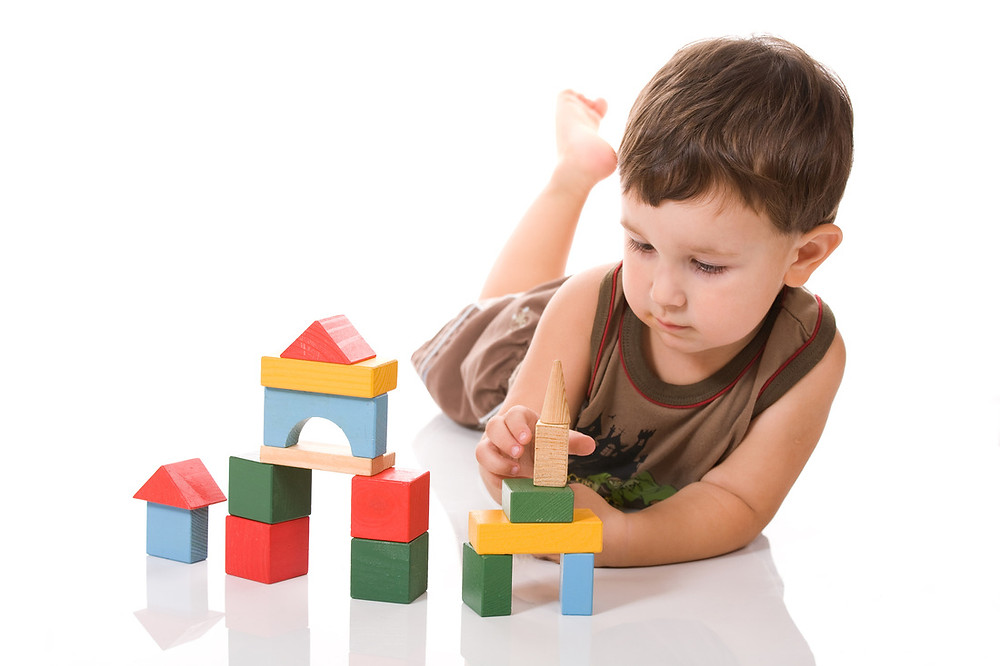 They’ll hear school bells announcing recess and lunch. I worried how they’d fare on the playground, with many more kids to contend with.
They’ll hear school bells announcing recess and lunch. I worried how they’d fare on the playground, with many more kids to contend with.
Thankfully, you can do plenty at home to prepare your child for kindergarten.
You can change your daily habits to mimic what to expect, and show her that kindergarten can be an exciting and seamless change. Take a look at what you can do right at home, whether she’s been in preschool or not:
1. Give your child chores
Your child’s kindergarten teacher will assign simple tasks to the students, like putting mats away or turning on the lights. Start your child on general chores around the house, from picking up toys and putting clothes in the hamper.
If she seems keen or able to do any task, assign it to her. The tasks will take longer than if you were to do them (15 minutes to wipe down the table?!). But you’re nurturing self-sufficiency skills and promoting a community-minded mentality.
Free printables: One fantastic way to track her chores is through writing it down.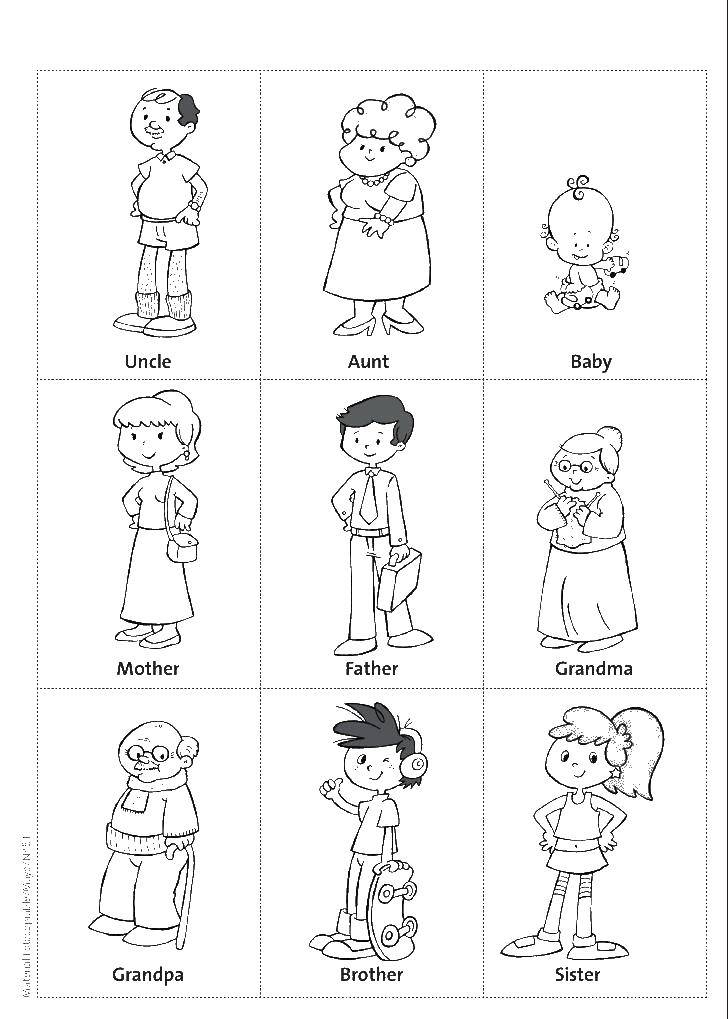 Join my newsletter and grab your Printable Chore List templates to help the both of you organize chores!
Join my newsletter and grab your Printable Chore List templates to help the both of you organize chores!
2. Get familiar with the school
Few schools will allow students to tour the campus the way you might a preschool. In fact, the first time she’ll meet her kindergarten teacher will likely be on the first day of school. How can you help her get familiar with the school, even during the summer?
- Walk around the building. You might spot the playground, the school garden, or the restrooms
- Attend back-to-school night. Many schools will open their classrooms for a meet and greet with the teachers before the first day of school. That way, she’ll get to see her classroom and meet her teacher ahead of time.
- Find her teacher’s photo on the school’s website. Many schools will show photos of the teachers and even offer a brief bio. Once you know the class she’s assigned to, you can find her teacher on the website.

3. Read every day
I can’t say enough about the benefits of reading. Read together, both with you reading aloud and encouraging her to sound words as well. Get her excited about story time and learning, and borrow books from the library so she can cycle through stories every week.
Read books about kindergarten—the stories will help her get excited for school and ease her fears.
Sing or play the ABC song so she knows the order of the alphabet. And count up to the number 12 (that’s the number my son’s school suggested that kindergartens should know before school starts).
4. Practice using safe scissors
If your child hasn’t been practicing cutting paper, now is the time to start trying.
Buy child-safe scissors, along with sturdy, thick paper. Have her cut straight lines across the paper, or you can draw shapes she can cut out.
As always, make it fun! For instance, glue the pieces she cuts onto another piece of paper or poster as an art piece.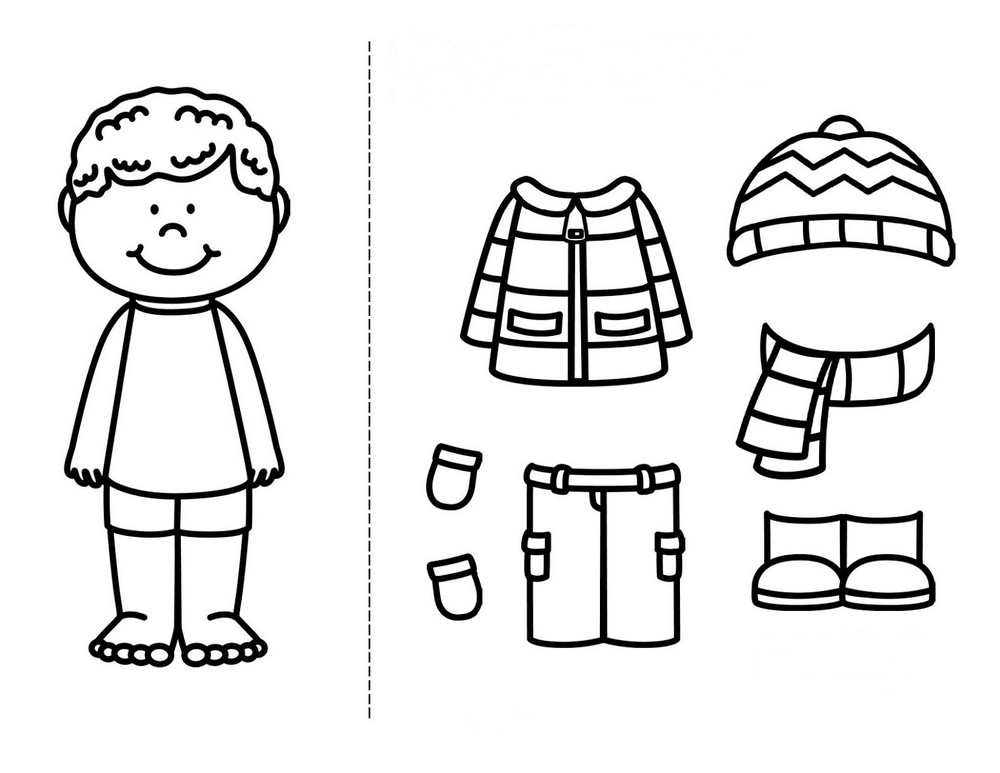
5. Encourage social skills
Turn-taking, listening, and following the rules are important social skills in kindergarten.
If your child has siblings, cousins, or play mates, guide him through proper social conducts. Don’t force them to share, but encourage turn-taking and playing together as an alternative.
Enforce good listening, so that if someone is talking, he has to wait his turn before speaking. And acknowledge him when he follows rules and instructions.
And remind him to be kind. He’ll meet many new people—some nice, others not. Some might show familiar and common traits, while others will feel like a culture shock.
Explain that it’s fine to disagree, to feel hurt, and even to feel frustrated, but we can’t be mean. Teach him coping methods like telling someone “stop,” walking away, or telling an adult.
And as always, teach empathy. Mention other people’s emotions and how they relate to his. Remind him to put himself in other people’s shoes and think about what they must feel like.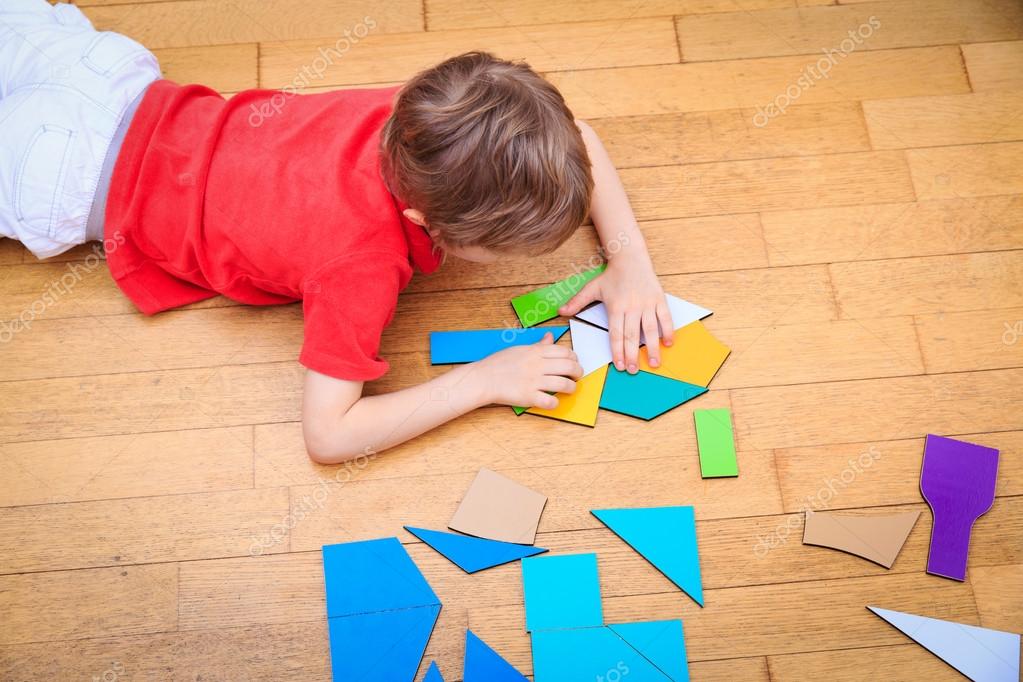 And say how his actions can affect others around him.
And say how his actions can affect others around him.
6. Sleep (and wake up) early
A few weeks before school starts, your child should sleep at a decent hour—many sleep experts recommend no later than 8:30pm. That should be enough time to sleep through the night and early enough to feel refreshed in the morning.
You might have to adjust bedtime and wake up time depending on when you plan to leave the house. Wake your child at least an hour or an hour and a half before you leave. This should give her enough time to wake up and squeeze in some play or downtime before leaving for school.
7. Practice putting on their own clothes
Still helping your kiddo pull his legs through his pants? Help him become more self-sufficient. Kindergarteners are more independent than preschoolers and can learn how to put most of their own clothing on.
Show him where the tag is on each pair of pants or shorts and explain that that goes in the back. Show him how to pull his shirt down over his head, and how to slip his arms through sweaters and jackets. Practice buttoning pants and shorts.
Practice buttoning pants and shorts.
Not only will he be able to dress himself in the mornings, he’ll also be able to use the restroom with ease or remove his jacket as needed.
Learn about how to teach your child to dress himself.
8. Start your mornings with a good breakfast
Breakfast should be easy and simple but healthy and filling as well. Teachers love it when kids come to school after having eaten a hearty breakfast, since this helps them stay alert and avoid hunger.
Our weekday breakfasts are pretty consistent and simple, and include:
- Oatmeal with milk and chopped dates, paired with a fruit
- Yogurt parfait with granola, honey, and chopped fruit, along with toast
- A bowl of cereal and milk with a side of fruit
Each morning should start with a healthy breakfast. Your child will feel less sluggish during the day and will be able to stave off hunger.
9. Discuss the logistics
Even if you’re not familiar with the school yet, talk about the logistics that you do know about. For instance, what will your child eat for lunch—will it be cafeteria food or a lunch she brings from home? Which food will she be eating for snack during recess?
For instance, what will your child eat for lunch—will it be cafeteria food or a lunch she brings from home? Which food will she be eating for snack during recess?
Talk about what the morning assembly might look like, and how she’ll line up along with the rest of her classmates. Explain that she has her water bottle in her backpack any time she feels thirsty.
Then, discuss what will happen after school. Who will pick her up, at what time, and where? Will she be going to an after-school program? If so, where is that located?
While you don’t want to overwhelm her with too many details, give her just enough so she knows what to expect.
10. Arrive on time
This should be a rule for every day, but it’s a must on the first few days of kindergarten. Arrive on time (or, if you’re like me, arrive earlier than later).
After all, you might not be familiar with the campus, either. Give yourself plenty of time to find parking, find and meet his teachers, and get him settled into class.
There’s nothing worse than feeling like you’re late and rushing through your morning. With plenty of time in the morning, any hiccups you face—a forgotten water bottle, getting lost—won’t feel so bad.
11. Leave your child cheerfully
Many schools will welcome parents on campus for the first few days, whether to attend morning assembly or even enter the classroom. But I highly recommend that you not linger for too long. Your child might cling onto you even more because you continue to stay and comfort her.
Instead, leave after she’s settled or when the teacher says to—all without drama. She needs to know she’s in safe hands, not in an environment where you have to comfort her. In leaving swiftly but cheerfully, you reassure her that she should be in class and that you’re happy she’s in school.
12. Embrace this exciting new change in your child’s life
Your child will take his cues from you. When you worry, he’ll worry. But when he sees you excited for him, then he’ll enter kindergarten with a positive mentality.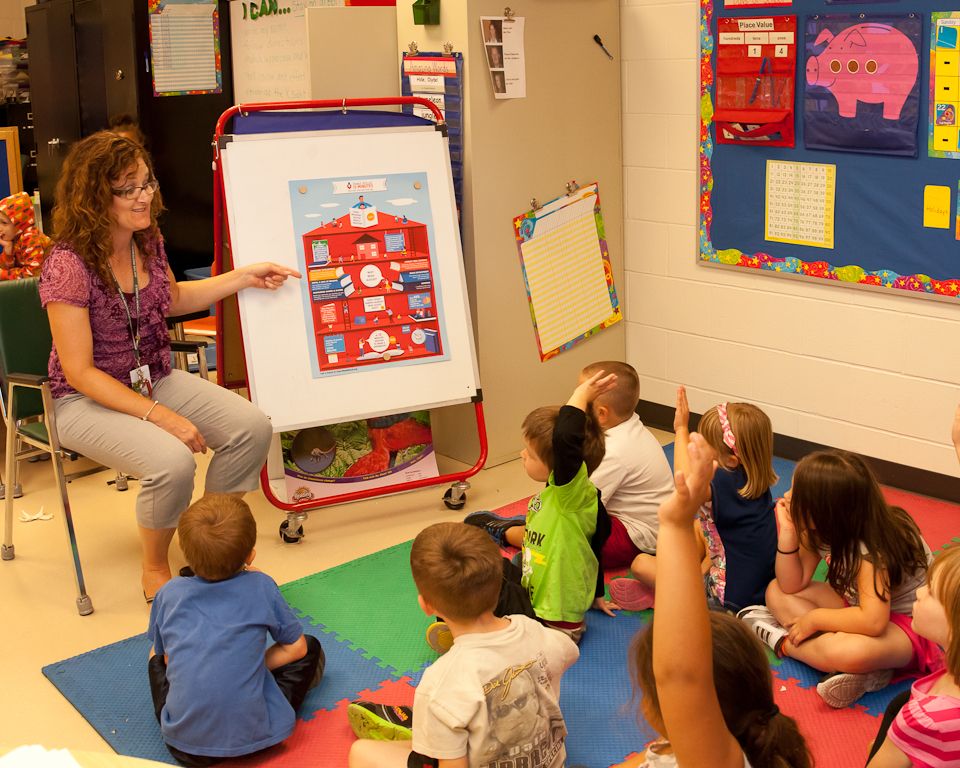
It’ll be scary, no doubt. He’ll have no idea where the restrooms are, or when lunch time will be. He won’t know if the teacher is kind or if the other students will play with him.
But with your support, he’ll come better prepared to enter this new and exciting change. There may be some tough days (“I don’t want to go to school anymore!”). But he’ll remember kindergarten and thrive in its environment.
Conclusion
Going to kindergarten can feel nerve-wrecking for both parent and child (“Wasn’t she just two-years-old a second ago?”). But with these tips, you can make that transition much smoother for everyone.
Assign her chores at home so she can contribute in the classroom. Get familiar with the campus so it looks familiar on the first day of school. Read every day, and practice using child-safe scissors. Encourage good social skills, whether with her siblings or other friends.
Sleep and wake up at a decent around, and encourage her to dress herself, especially when using the bathroom or putting on a jacket.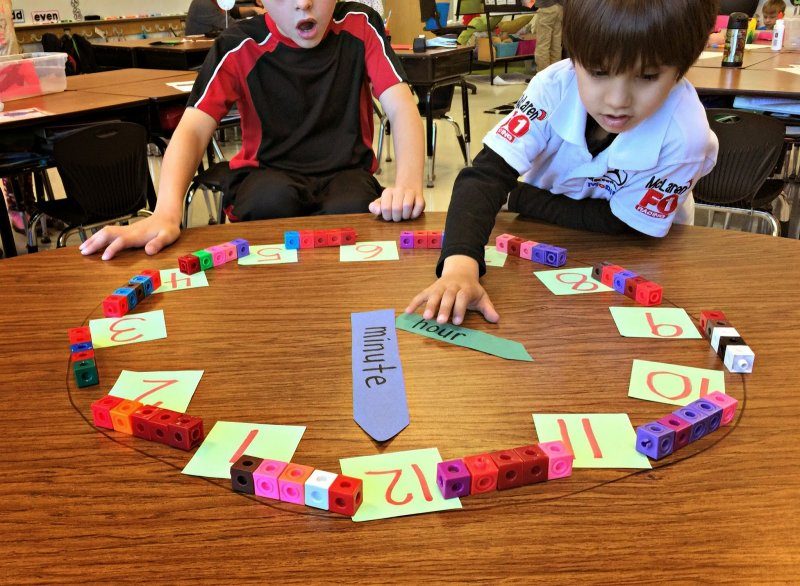 Start your mornings with a good breakfast so she’s alert and ready to go. Talk about the logistics you know, from school pick up to handling lunch.
Start your mornings with a good breakfast so she’s alert and ready to go. Talk about the logistics you know, from school pick up to handling lunch.
Arrive on time (or even earlier) so you don’t rush. Leave cheerfully so she can sense your confidence. And embrace this new chapter in her life—she’ll take your cue from you and face kindergarten with the same gusto.
Kindergarten can feel daunting, but now she’ll know what to expect—and learn to love this new chapter in her life.
Get more tips:
- What Every Kindergartener Should Know by the End of the Year
- Children’s Books about Kindergarten
- How to Deal when Your Child Cries at Drop Off
- The Best Children’s Books That Introduce Kids to Math Concepts
- Cool Science Kits for Kindergarten Kids
Don’t forget: Join my newsletter and grab your Printable Chore List templates—at no cost to you:
6 steps to prepare for kindergarten from a child psychologist
smart creative 03/02/2020
Sometimes getting used to kindergarten stretches for weeks.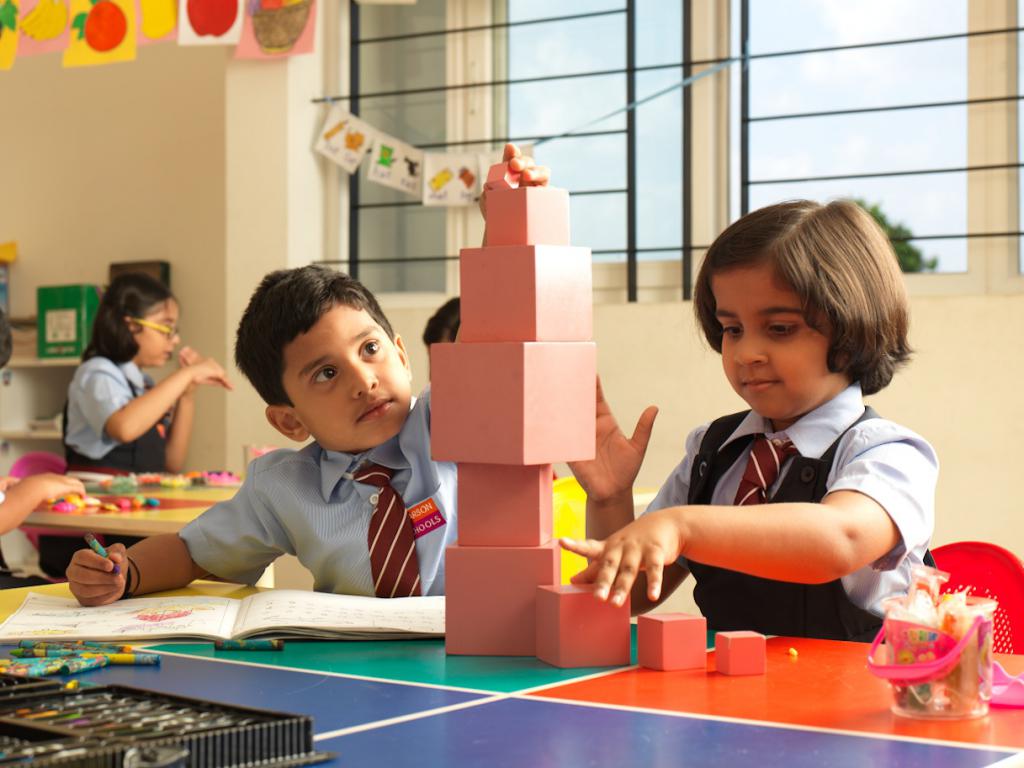
The parents are at a loss, the child is in tears, it seems that only the teacher manages to keep calm.
6 steps to prepare for kindergarten from psychologist Nina Liventsova
Contents:
- Six steps to prepare for kindergarten
- Kindergarten adaptation plan
- Signs that adaptation is on track
- Common Mistakes You Can Avoid
- Indicators when adaptation to kindergarten was successful
Six steps
preparing for kindergarten ✅Step 1 - Expand the information field:
Talk about kindergarten
Read books on the topic
Give examples of children you know
Play kindergarten together
⠀
✅Step 2 - Get to know the kindergarten:
Get to know the kindergarten
Walk around the kindergarten together
Go on a group tour
If friends have children who already go to kindergarten, make up keep them company when they pick up the kids from kindergarten
⠀
✅Step 3 - Prepare together:
Choose clothes for the first days with the baby
Meet the caregivers
⠀
✅Step 4 - Create a positive attitude:
Tell funny kindergarten stories from your childhood
Tell your little one about the positive moments that await him in kindergarten
⠀
✅Step 5 - Set the Mode:
Get up early
Timely bedtime and daytime sleep
⠀
✅Step 6 - Develop self care skills:
Teach yourself to put on simple things (panties, socks, panties)
Teach you to eat and drink without assistance
Wash your hands
Dry yourself with a towel
Use the toilet (potty)
A PLAN for getting the child used to the kindergarten
- Getting to know the kindergarten - take a walk near the kindergarten, around its territory and, if possible, go inside the building.
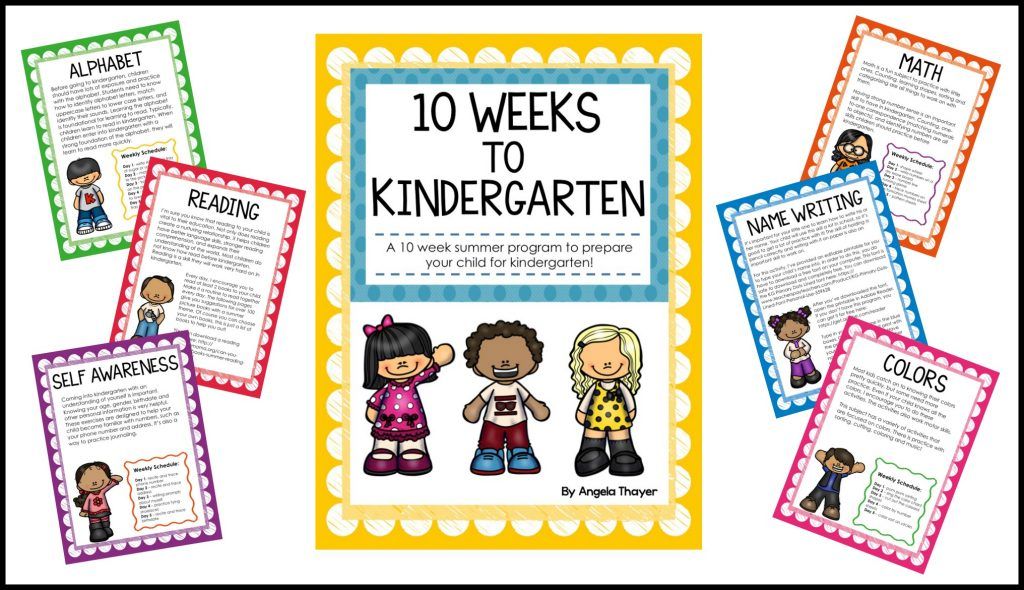
- Spend the first day together (usually one hour).
- Establish contact with the caregiver first for the mother, then for the child. Meet, smile. During the meeting, take the child in your arms and hand it over to the caregiver.
- Take the child for two hours during the week. At this time, mind your own business to curb anxiety. nine0019
- When parting, kiss and hug. At the meeting - rejoice.
- Give your child a favorite toy or thing that will remind you of you (handkerchief, drawing a kiss in the pocket).
- If the child is crying, comfort him briefly (accept emotions) and leave firmly.
- After a week leave the child for lunch, then for sleep.
Signs that adaptation is going according to the PLAN
🔅 The child cries, but quickly calms down
🔅 Communicates with caregivers
🔅 Interested in toys
🔅 Plays calmly
🔅 Eats at least part of breakfast or lunch
Common avoidable mistakes
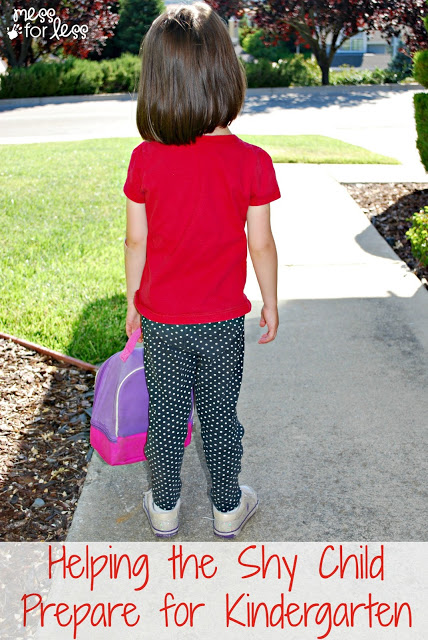
Indicators that adaptation to kindergarten was successful
if the child 👶🏻
✅accepts the rules of the kindergarten
✅If he cries when parting, he quickly calms down
✅plays calmly
✅Communicates with children and teachers ✅Eats offered food
✅Sleep during quiet hours
⠀
✨Your child and you are great FELLOWS!
Tell friends
VKontakte nine0003 Facebook Twitter OdnoklassnikiHow to prepare a child for kindergarten
July 14, 2020
Children's clinics are having a hot time - registration in preschool institutions.![]() How to try to avoid many problems and make the process of adaptation in kindergarten less painful was told by pediatrician Yu.A. Panov.
How to try to avoid many problems and make the process of adaptation in kindergarten less painful was told by pediatrician Yu.A. Panov.
Medical examination and medical record
It is important to take care in advance (3-6 months in advance) about registering a child in a preschool institution.
It’s worth starting with a visit to the local pediatrician, who will tell you which specialists you need to go through, help you sign up for them, write out referrals for blood, urine, feces tests, tell you what vaccinations should be done before visiting kindergarten, write down on the ECG and ultrasound of internal organs.
By the age of three, the child should be vaccinated against tuberculosis, whooping cough, diphtheria, tetanus (four times), hepatitis B (three times), measles, mumps, rubella, polio (five times), and also by this age children can be vaccinated against pneumococcal and hemophilic infections, a Mantoux test is performed annually. nine0005
nine0005
Some children, for health reasons, are vaccinated according to an individual schedule, in which case the local pediatrician will plan vaccinations specifically for this child before attending kindergarten.
The child is examined by such specialists as a neurologist, ophthalmologist, otolaryngologist, surgeon, psychiatrist, pediatric gynecologist, urologist. If deviations in the state of health are detected, doctors will give recommendations for the prevention and treatment of diseases.
Children with chronic diseases or congenital malformations are sent to kindergarten by decision of the Medical and Pedagogical Commission in each case individually. There are correctional kindergartens with speech therapy groups to correct speech defects, kindergartens with diseases of the organs of vision, the musculoskeletal system, the nervous system, and others. In some kindergartens, according to a special program, they work with children who often get sick. nine0005
After examination by specialists, the pediatrician fills out a card for kindergarten (form 026/y), writes an epicrisis and recommendations, individual for each child.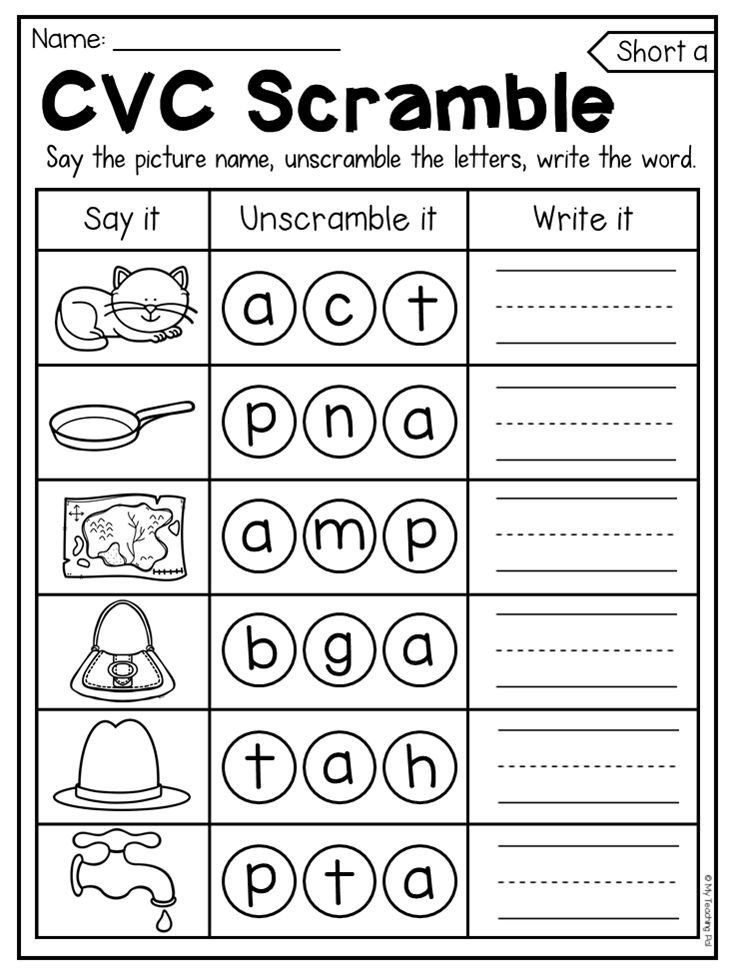
How to choose a kindergarten
If you have the opportunity to choose a kindergarten from several preschool institutions, be sure to use it. Walk around, have a look, chat with the staff and parents who are already taking their children to these gardens. This will allow you to choose the best garden and give you some confidence that you are doing everything right. Some mothers have doubts: how the baby will be without relatives, without the usual environment, in a completely new environment for himself. nine0005
But in this situation, it is the mother herself who needs the right attitude. Children are very sensitive to your mood, if you worry, your anxiety will be transferred to the child, and adaptation to the kindergarten will be stressful.
Let's get ready
After you have chosen a kindergarten, start walking around with your baby day after day during the hours when children are walking on the playground. Pay the child's attention to how fun the guys are, how good it is together, so that the baby has an idea where he will go and what awaits him there.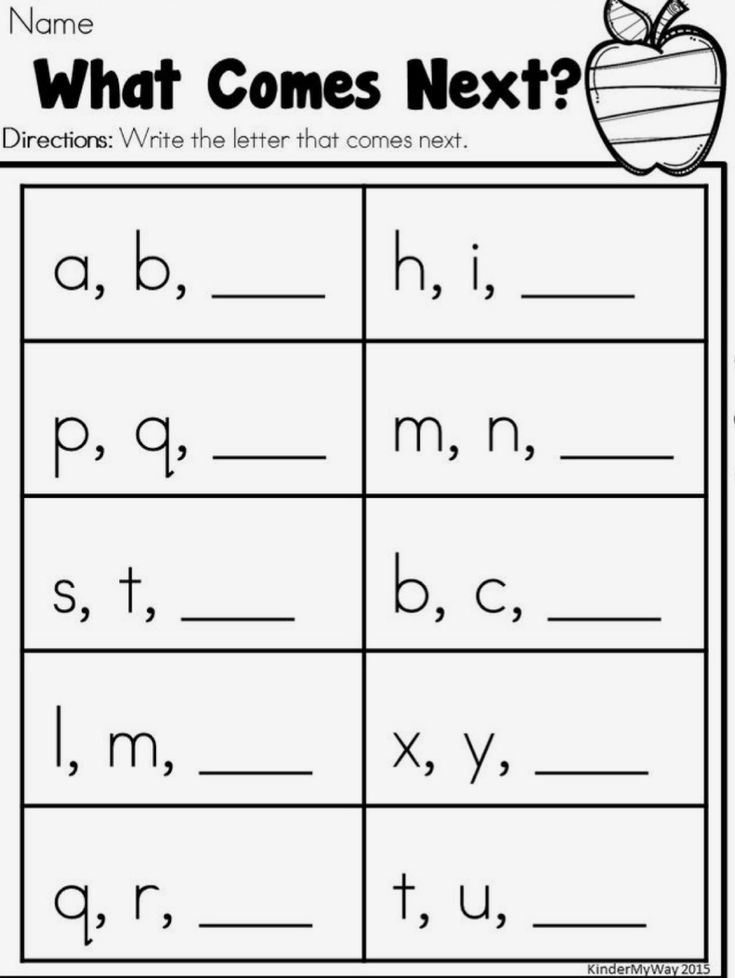 nine0005
nine0005
An important moment in preparing a child for kindergarten may be visiting various developmental children's centers, where only children and a teacher are present at the classes. Usually such classes last no more than an hour - this is how the child gets used to being in a team without a mother.
The child should not be afraid to be in the company of strangers. Walk with him on playgrounds, go to visit, leave him with grandmothers overnight. The kid will get used to communication, he will have more skills of being in society. nine0005
Try to form a positive attitude, a desire to go to kindergarten. Give him emotional support: caress him more often, say that you love him, take him in your arms, hug him. The calmer and more confident the parents will be about this important event, the less painful the adaptation process will be. Do not discuss your kindergarten fears in front of your child.
Let's establish a routine
The child's home routine should be brought closer in advance to the regimen of the group of the child care institution that the child will attend.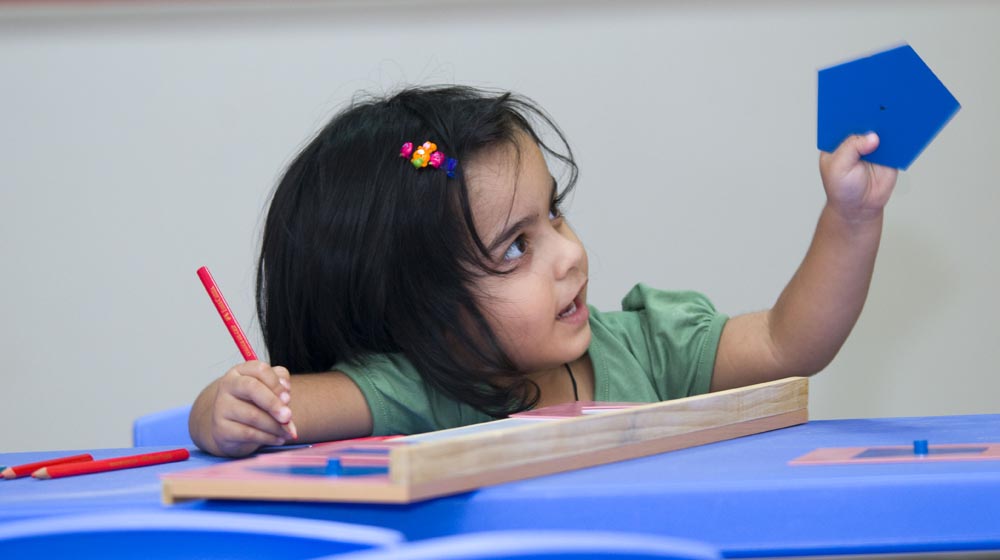 If you plan to start going to the garden in the fall, then in the summer the child’s life schedule should be built so that he easily wakes up an hour and a half before the time you plan to leave the house (no later than eight in the morning). If your baby does not sleep during the day, then you need to teach him to lie quietly in bed. nine0005
If you plan to start going to the garden in the fall, then in the summer the child’s life schedule should be built so that he easily wakes up an hour and a half before the time you plan to leave the house (no later than eight in the morning). If your baby does not sleep during the day, then you need to teach him to lie quietly in bed. nine0005
Feed the baby at the same time. Also try to teach your child to go to the toilet not when he is no longer able to endure, but in advance: before a walk, before leaving the house, before going to bed, otherwise he may develop complexes in the future in kindergarten. In the morning, be sure to leave the child a margin of time so that he can safely sit on the potty.
If bowel movements are difficult, offer your child a glass of cold water with one or two teaspoons of jam or sugar before breakfast (if the child is not allergic to these foods). Cold water stimulates the bowels. The following products have the same property: cabbage, carrots, pumpkin, beets, spinach, zucchini, apples, peaches, melon, prunes, dried black bread.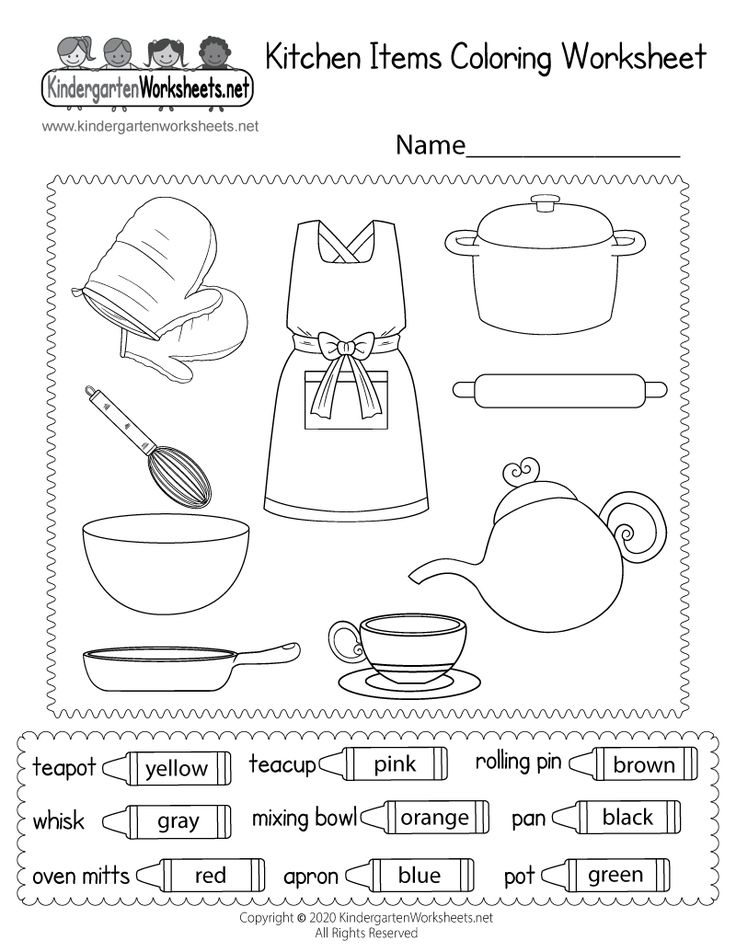 Daily intake of one and a half to two liters of fluid will also help to avoid constipation. The following products should be excluded: chocolate, cocoa, strong tea, pomegranate, semolina. Introduce pears, white bread, pies, pasta, thick soups, rice, blueberries into the diet less often. nine0005
Daily intake of one and a half to two liters of fluid will also help to avoid constipation. The following products should be excluded: chocolate, cocoa, strong tea, pomegranate, semolina. Introduce pears, white bread, pies, pasta, thick soups, rice, blueberries into the diet less often. nine0005
Do not feed your baby between meals. Familiarize yourself with the menu in kindergarten and introduce new dishes into the baby’s diet that he has not yet eaten, but they are present in the kindergarten menu.
It is desirable that the child master the necessary self-care skills: he could ask for a potty, wash himself, wash his hands, dry them; dress and undress; independently use a spoon while eating. In the evening, put the child to bed no later than 21 hours.
Inspect your baby's wardrobe. Clothing should be comfortable and comfortable, it is better if it is without complicated fasteners and laces, so that the baby can take it off and put it on himself. nine0005
Tempering
Tempering procedures are recommended for all children going to kindergarten.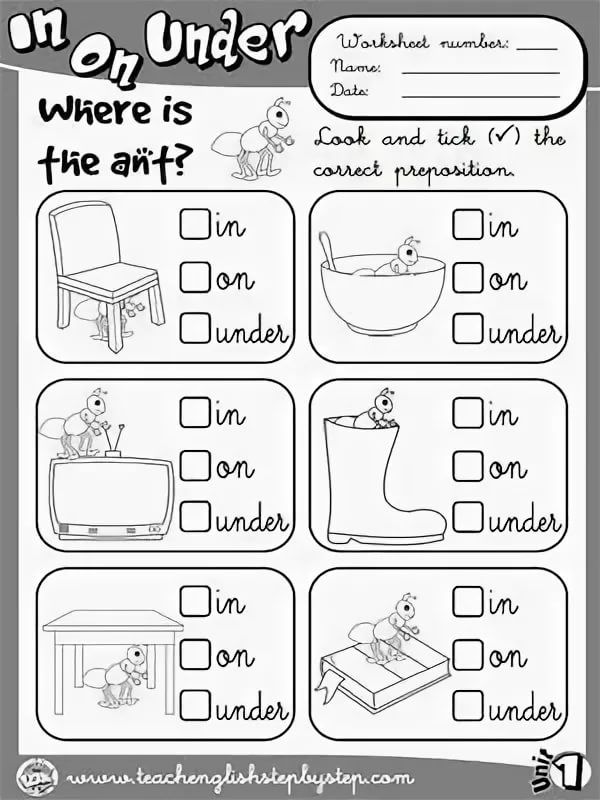 They will strengthen the immune system and prepare the baby for the attack of viruses and bacteria in the children's team. The basic principles of all hardening procedures are their gradualness, as well as regularity. You can start hardening a child in the warm season only if the child is completely healthy.
They will strengthen the immune system and prepare the baby for the attack of viruses and bacteria in the children's team. The basic principles of all hardening procedures are their gradualness, as well as regularity. You can start hardening a child in the warm season only if the child is completely healthy.
The following procedures can be carried out:
-Walk twice a day in the open air. nine0005
-Sleep outdoors.
- Take air baths.
- Walk barefoot at home, and later on the street on the ground and grass.
- Wash your face with a gradual decrease in water temperature to +16o C +19o C.
- Stay in direct sunlight twice or thrice a day for up to 10 minutes in summer.
- Set the temperature in the room where the child is located at +16o C +18o C.
- Douse your feet with water before going to bed with a gradual decrease in temperature from +28o C to +18o C.
- Bathe twice a week before going to bed at a temperature of +36o C, pouring water after the procedure 1-2 degrees lower.


